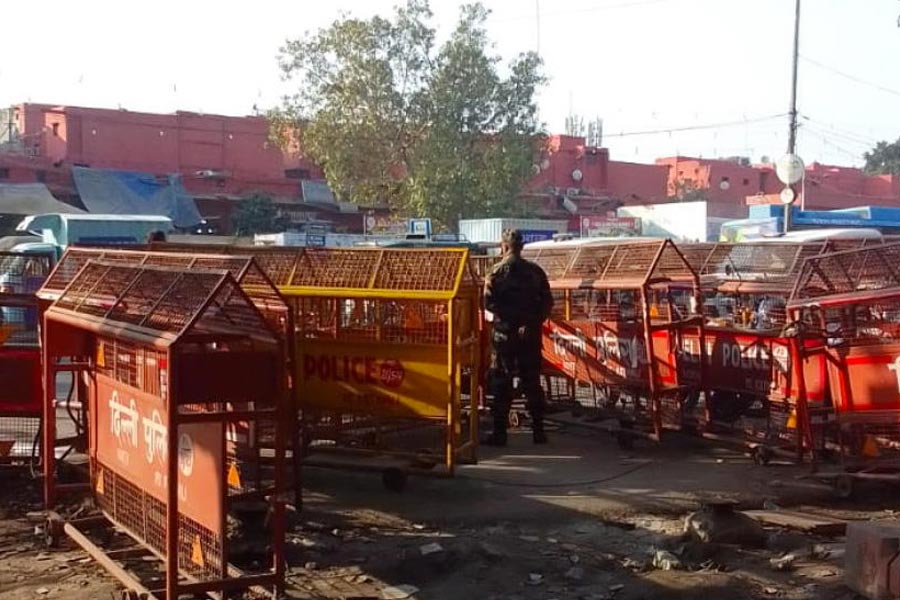The Trump administration filed a motion on Thursday to end a policy cornerstone that since the 1990s has offered protections to child migrants in federal custody, in a move that likely will be challenged by advocates.
The protections in place, known as the Flores Settlement, largely limit to 72 hours the amount of time that child migrants travelling alone or with family and detained by the US Border Patrol can be kept in US Customs and Border Protection custody. They also ensure the children are kept in safe and sanitary conditions.
The Flores settlement is named for a Salvadoran girl, Jenny Flores, whose lawsuit alleging widespread mistreatment of children in custody in the 1980s prompted special oversight.
This is the second time the federal government under Trump has attempted to end the policy. In August 2019, the first Trump administration asked a judge to dissolve the agreement. Its motion eventually was struck down in December 2020 by the 9th US Circuit Court of Appeals.
Under the Biden administration, oversight protections for child migrants were lifted for the US Department of Health and Human Services after new guidelines were put in place last year.
The Department of Homeland Security is still beholden to the agreement, including Customs and Border Protection, which detains and processes children after their arrival in the US with or without their parents.
Children then are usually released with their families or sent to a shelter operated by HHS, though processing times often go up when the number of people entering increases in a short time period.
Even with the agreement in place, there have been instances where the federal government failed to provide adequate conditions for children, as in a case in Texas where nearly 300 children had to be moved from a Border Patrol facility following reports they were receiving inadequate food, water and sanitation.
Court-appointed monitors provide oversight of the agreement and report noncompliant facilities to Chief US District Judge Dolly M. Gee of the Central District of California. CBP was set to resume its own oversight but in January a federal judge ruled it was not ready and extended the use of court-appointed monitors for another 18 months.











